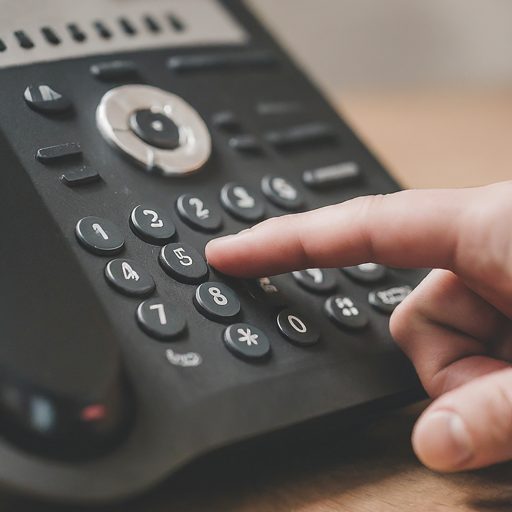The question, “If I get married, will I lose Medicaid?” is a common concern for many individuals receiving this essential healthcare coverage. The answer isn’t a simple yes or no, as it depends on various factors. This article aims to shed light on how marriage can potentially impact your Medicaid eligibility and what you can do to navigate this situation.
Contents
Understanding Medicaid Eligibility
Medicaid is a joint federal and state program designed to provide health coverage to low-income individuals and families. Each state sets its own eligibility requirements, including income limits and asset thresholds. These requirements can vary depending on your age, disability status, and whether you have dependent children.
How Marriage Affects Your Medicaid Eligibility
When you get married, your household income and assets are combined with your spouse’s for Medicaid eligibility purposes. This can potentially push your combined income or assets above the limit, making you ineligible for Medicaid.
Medicaid Categories and Marriage
It’s important to understand that there are different categories of Medicaid, and the impact of marriage on your eligibility depends on which category you fall under:
-
Medicaid Based on Income: If you qualify for Medicaid based solely on your income, getting married could jeopardize your eligibility if your combined household income exceeds the limit.
-
Medicaid Based on Disability: If you are eligible for Medicaid due to a disability, your marriage is less likely to affect your eligibility, as disability-based Medicaid often has higher income limits.
-
Medicaid for Pregnant Women and Children: If you’re pregnant or have children and receive Medicaid, your eligibility is usually not directly impacted by marriage, but your combined income could affect the amount of benefits you receive.
Read More: Assurance Insurance Careers: A Comprehensive Guide
Strategies to Maintain Medicaid Eligibility After Marriage
If you are concerned about losing Medicaid coverage due to marriage, here are some potential strategies:
-
Explore Medicaid Spousal Impoverishment Protections: These protections can help safeguard your assets if your spouse requires long-term care, allowing you to remain eligible for Medicaid.
-
Investigate “Medically Needy” Programs: Some states offer “medically needy” pathways that allow individuals with high medical expenses to qualify for Medicaid despite exceeding income limits.
-
Consider Other Insurance Options: If you become ineligible for Medicaid, explore other affordable insurance options like marketplace plans or employer-sponsored coverage.
Does Medicare Pay for Mammograms Every Year?
While the primary focus of this article is on Medicaid, let’s briefly address another important question: “Does Medicare pay for mammograms every year?“
The answer is yes. Medicare Part B covers annual screening mammograms for women aged 40 and older. This preventive screening is essential for early detection of breast cancer, which significantly improves treatment outcomes.
Medicare Coverage Details
- Screening Mammograms: Covered annually for women 40 and older.
- Diagnostic Mammograms: Covered if your doctor recommends them due to a specific concern.
- Baseline Mammogram: Covered once for women between ages 35 and 39.
It’s important to note that Medicare coverage may vary depending on whether you have Original Medicare or a Medicare Advantage plan. Always consult with your healthcare provider and insurance provider to confirm your specific coverage details.
In Conclusion
Getting married can have implications for your Medicaid eligibility, but it doesn’t automatically mean you will lose coverage. By understanding the different Medicaid categories, exploring available protections, and considering alternative options if necessary, you can make informed decisions about your healthcare coverage.






